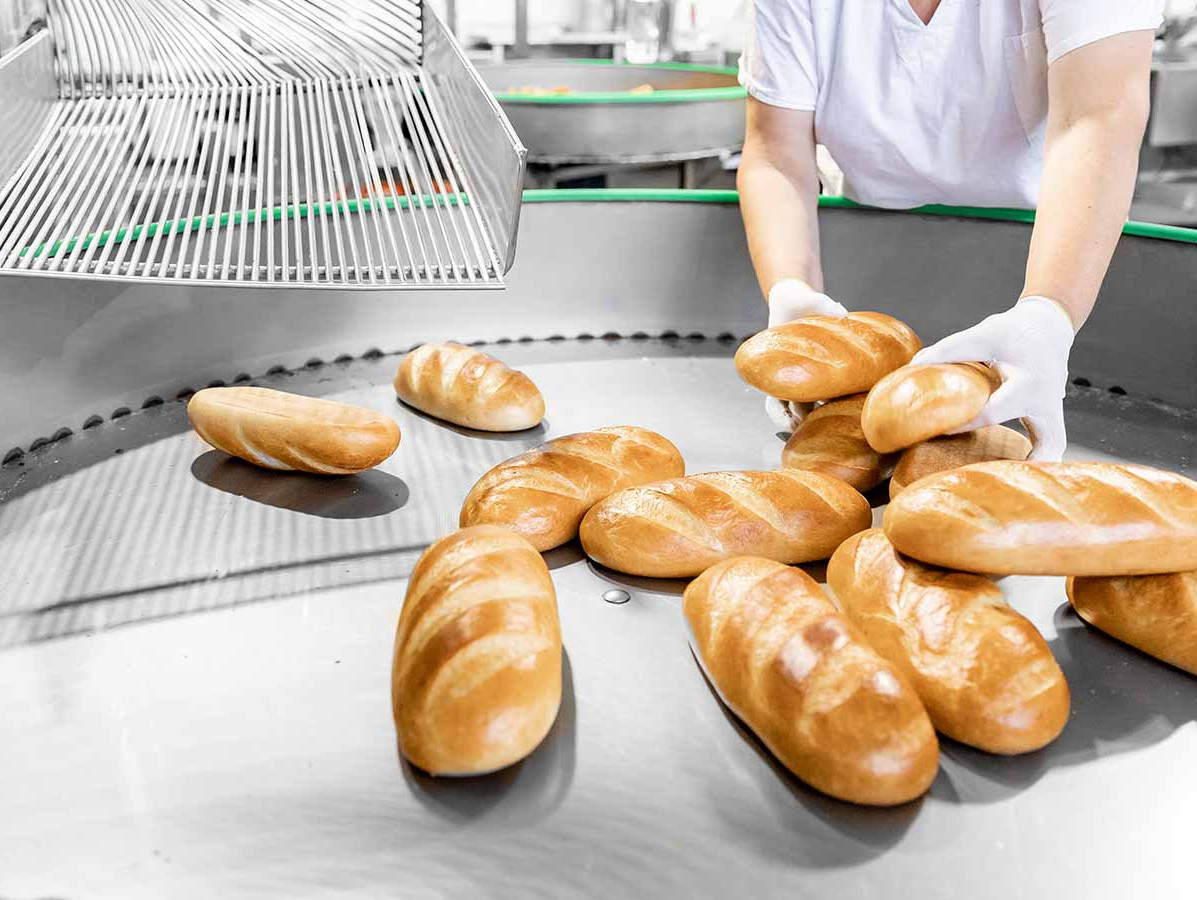
The Dutch food industry has weathered various crises in recent years, including the COVID-19 pandemic, the energy crisis, and high inflation. As these issues recede, structural challenges are coming back into focus. One of the most significant issues is the labour shortage, which entrepreneurs see as a brake on growth.
Food production in the Netherlands is showing signs of recovery this year, thanks to rising purchasing power and increased visits to restaurants. ABN AMRO predicts an increase in real incomes due to declining inflation and strong wage growth, leading to higher consumer spending. This macroeconomic climate translates into slightly higher supermarket volumes and increased demand from the hospitality sector. However, foreign demand remains weak due to slow growth in the eurozone, which is dampening exports. ABN AMRO forecasts a slight production increase of 0.5 percent in 2024, with a further rise of 1 percent in 2025.
Entrepreneurs in the food industry are grappling with a tight labour market, which hampers their operations and growth plans. The slight increase in unemployment has eased the pressure somewhat, but the structural demand for labour remains high due to aging and the nature of the work. Approximately 27 percent of workers in this sector are over 55 years old, leading to a significant outflow of workers in the coming years.
ABN AMRO's wellbeing monitor shows that employees in the food industry are generally satisfied with their work and experience relatively low psychological stress. However, the physical demands are high, especially on the production floor where repetitive movements in extreme temperatures are common. Employers are investing in equipment, automation, and robotics to reduce this burden, but manual work remains necessary due to the variability and fragility of natural products. Innovations such as artificial intelligence are aiding in this effort, but the sector also needs to continue investing in training and attracting young talent.
Source: ABN AMRO